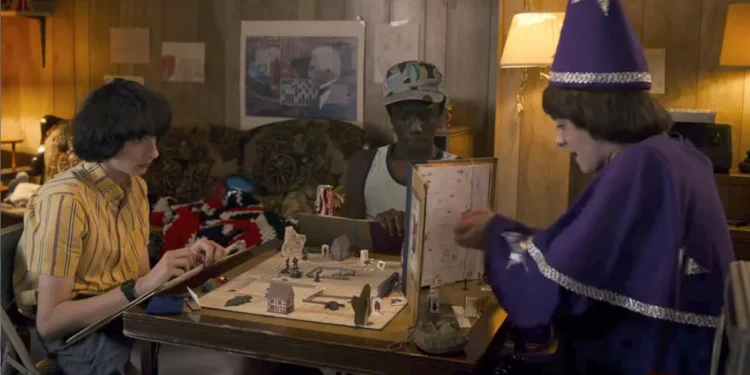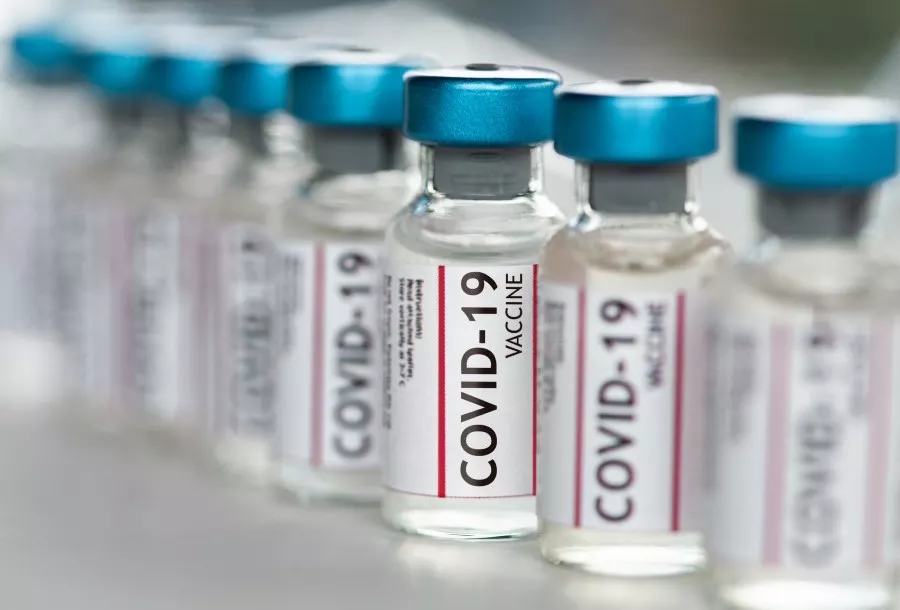The latest target of the woke thought inspectors is the iconic and classic fantasy board game Dungeons and Dragons (D&D). First created in 1973 by Tactical Studies Rules, D&D pioneered the modern roleplaying game industry and subsequently influenced countless video games. While digital versions are available, this tabletop board game, played by over 50 million fans worldwide, invites players to create characters and embark on collective storytelling adventures filled with danger, treasure and heroism. It has become such a cultural staple it featured in Stranger Things.
However, recent trigger warnings and changes introduced by Wizards of the Coast, owned by Hasbro, have fundamentally altered D&D’s essence in an attempt to promote inclusivity. For example, the term “race” has been replaced with “species” and traits associated with certain fantasy races, like the dexterity of elves, have been removed. These changes aim to make the game more inclusive and avoid associations with real-world discrimination. But this begs the question – how exactly can fictional plastic and imaginary characters like orcs or dwarves feel offended? They can’t.
These updates oversimplify the game, stripping away much of its strategy and challenge. Players can now fully customise their characters, even choosing ability score increases that were once tied to specific species. This detracts from the uniqueness of the characters and removes one of the complexities that made the game so engaging. The idea wasn’t to discriminate between species but to add depth and variation, giving players a more challenging experience.
The game’s new rulebook also includes provisions like allowing players to halt gameplay if they feel uncomfortable with certain content by making an “X” shape with their arms or raising a hand. While the intention may be to encourage new players, the assumption that players need this level of ‘safety’ is patronising. D&D has always welcomed players of all cultures and abilities and both genders – many of whom embraced the game without such protections being in place.
The issue came to a head with the release of the 50th anniversary book, The Making of Original D&D, which criticised the original game’s content for its ‘derogatory language’ and alleged associations with slavery and stereotypes. Instead of recognising this as part of the historical context that shaped the game, these criticisms have spurred unnecessary reforms that detract from D&D’s legacy.
Rather than rewriting history, we should accept that the themes portrayed in the game reflect the time when it was first designed. The refinements are completely unnecessary. Sanitising these elements erases original features and diminishes the game.
Like other woke missteps – such as the infamous Bud Light rebrand – these changes risk alienating loyal fans and diluting what made D&D special. If this continues, a once-beloved classic could find itself abandoned and neglected in the dungeon of irrelevance.
Jack Watson is a 16 year-old schoolboy in Year 11. You can read his Substack about following Hull City FC here.













To join in with the discussion please make a donation to The Daily Sceptic.
Profanity and abuse will be removed and may lead to a permanent ban.
My pronouns are he/haw
Very good. I like Steve Sailer’s take on this, too: Steve Sailer – My pronouns, like Stalin’s, are Who and Whom
Mine are ho/hum
That made me laugh! 🙂
As far as I’m concerned, the use of “new-fangled pronouns” is a clear sign of mental illness and so should absolutely be taken into consideration.
I’m not saying they should be marginalised or treated badly. They should be advised to seek help.
My pronouns are ../..! is basically an order to third parties that they may only refer to the person in question using the title it(?) granted to itself. This is exactly the same as Charles III. being referred to as His Majesty instead of just he. OTOH, he’s the rightful king of England but the run-of-the-mill gendertard is just a rightful dickhead who demands special treatment because he really wants to be treated specially.
People who believed they get to order around others just because they really want to ought to be advised to shut up.
Noah Carl has exposed a very important type of discrimination. I read years ago that American medical schools have long operated a policy of admitting only applicants with leftist, politically correct views, by asking inquisitorial questions specifically designed to discover any conservative tendencies in the applicant.
This should be regarded as text book example of social junk science. But considering
In light of the borderline statistical significance, Maupin and McCannon’s study should not be considered the final word on the subject of discrimination based on pronoun-giving. But its findings won’t surprise anyone who’s familiar with what today’s universities are like.
it was obviously never meant to be anything except an appeal to the prejudices¹ certain people have about today’s universities.
¹ This doesn’t necessarily mean that they’re wrong, just that they’re theories based on hearsay and personal political disposition and not an actual empirical evidence.
Can someone explain to me why it is always two pronouns (“he/him” or “she/her”)? Why not just “my pronoun is “he”? Or why not “my pronouns are he/him/his”?
It’s basically completely nuts, obviously, but presumably the nutty pronoun formulation comes from some woke book, almost certainly American.
“For example, a broad-shouldered person with stubble might prefer to be addressed as ‘she/her’. “
I identify as a broad-shouldered person with stubble and I prefer to be addressed as “you”. Most people only use the third person when talking about someone behind his/her back.